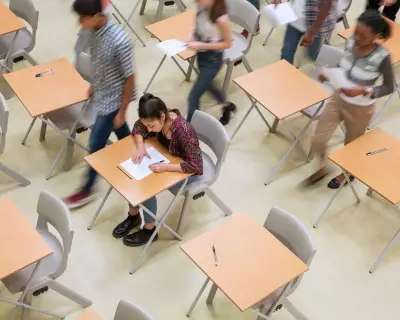
A powerful cross-party committee of MPs has launched a scathing attack on the BBC's controversial practice of charging children for TV licences, demanding immediate government action to protect young viewers.
The Unfair Burden on Families
The Digital, Culture, Media and Sport Committee delivered a stark verdict, describing the current system as fundamentally unfair to children and their families. The committee's report highlights how the corporation continues to collect fees from households where children watch BBC content, despite mounting evidence that this places an unnecessary financial strain on families during a cost-of-living crisis.
Cross-Party Consensus for Change
In a rare show of unity across political divides, MPs from all major parties have joined forces to demand reform. The committee has issued a clear ultimatum to both the BBC and the government: either the corporation voluntarily ends this practice or ministers must intervene with legislation.
The report states unequivocally that children should not be penalised for accessing educational and entertainment content that forms part of their development and cultural education.
Broader Implications for BBC Funding
This confrontation comes at a critical time for the national broadcaster, which is already facing intense scrutiny over its future funding model. The MPs' intervention signals growing political appetite for wholesale reform of the licence fee system, potentially heralding the most significant changes to BBC funding in decades.
What Happens Next?
The ball is now in the government's court, with ministers facing pressure to:
- Initiate immediate consultations with BBC leadership
- Prepare legislation to protect children from licence fees if voluntary action isn't taken
- Consider broader reforms to the BBC's funding structure
- Ensure any changes don't compromise the quality of children's programming
As this political drama unfolds, millions of British families await a resolution that could significantly reduce their household bills while transforming how we fund public service broadcasting for future generations.





